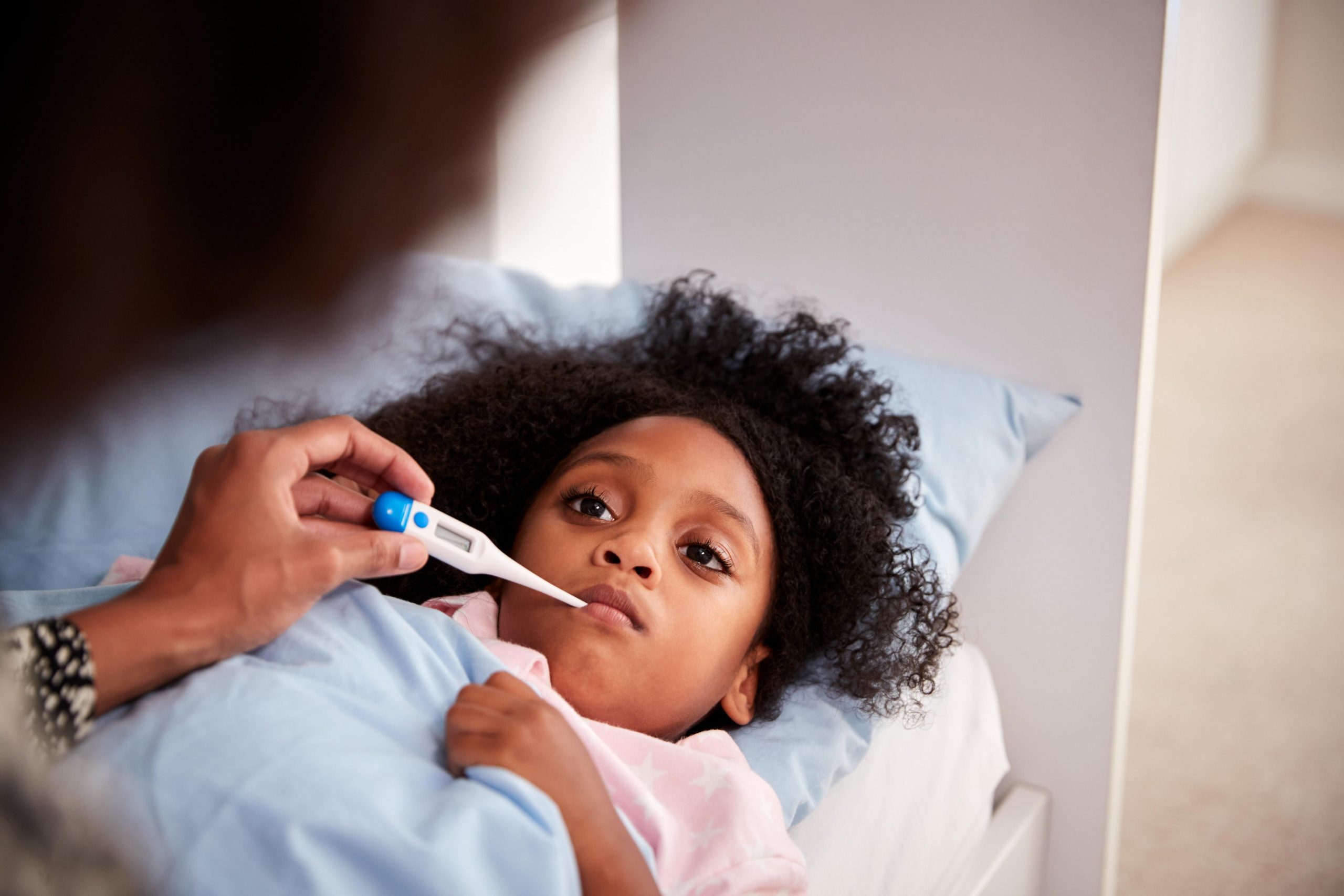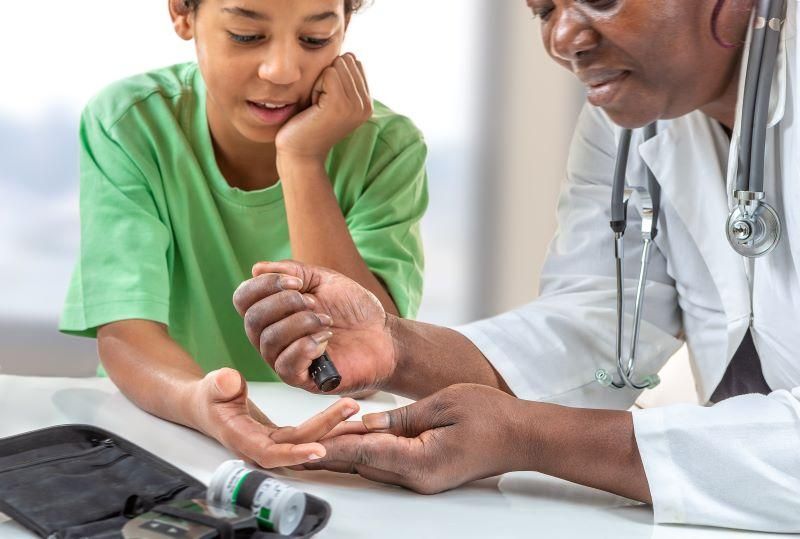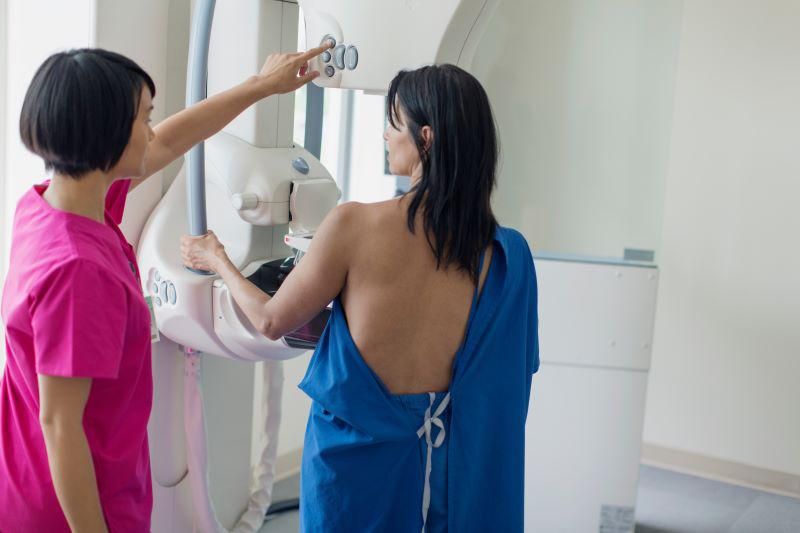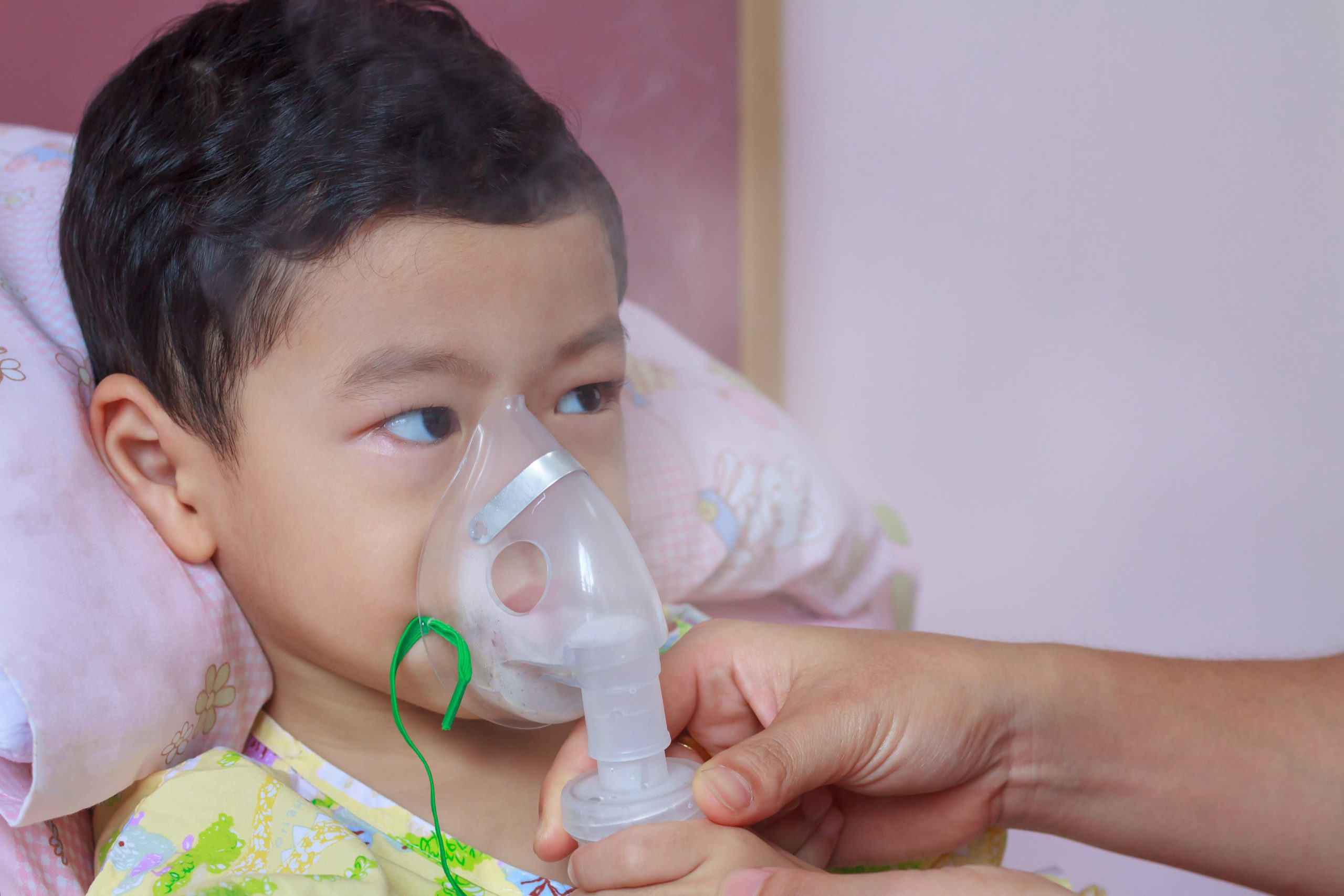
As a tripledemic of the flu, COVID and RSV continues to spread across the United States, customers at two major pharmacy chains will now be limited as to how much children’s pain relievers and fever-reducing medications they can buy for their sick child. Both CVS and Walgreens confirmed the limits Monday, CNN reported, though they’ve… read on > read on >






























